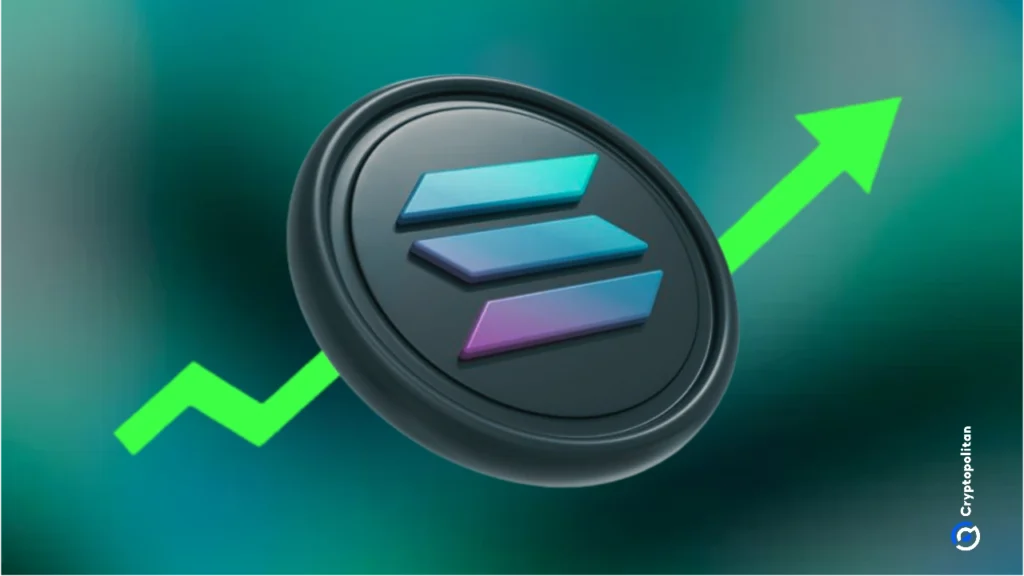Title: Morning Minute: Western Union Partners with Solana for Its Stablecoin Initiatives
In a significant development in the financial technology sector, Western Union, the venerable institution known for its money transfer services, has announced it is partnering with Solana, a leading player in the blockchain arena, for its upcoming stablecoin ventures. This partnership marks a pivotal moment for both organizations and could potentially set a precedent for how traditional financial entities embrace and integrate blockchain technology in the future.
Western Union Embraces Blockchain Technology
Founded over 169 years ago, Western Union has long been synonymous with international money transfers. However, with the rapid evolution of digital technology, the company has been exploring innovative ways to maintain its leadership and competitive edge. The latest in its digital transformation initiatives is the adoption of blockchain technology to enhance transaction speeds and reduce costs, particularly pertinent as digital and crypto payments gain traction globally.
Why Solana?
Solana has distinguished itself as a robust and fast blockchain platform, boasting high throughput and reduced transaction costs. It was specifically designed to handle large-scale applications, which makes it an attractive partnership for Western Union as they explore the deployment of stablecoins—cryptocurrencies designed to minimize price volatility by being pegged to a stable asset like the US dollar, gold, or other fiat currencies.
Solana’s blockchain can process 65,000 transactions per second at a $0.00025 cost per transaction, a significant improvement compared to older blockchain networks. This can potentially offer a cheaper, faster, and more reliable framework for Western Union’s stablecoin transactions, ensuring real-time processing speeds across the globe.
Strategic Benefits for Western Union
For Western Union, this strategy could revamp its core service offerings, enabling instant, cross-border payments without the complications associated with standard currency exchange. Integrating Solana’s technology could also increase the efficiency of settlements and reduce dependency on intermediaries, which in turn could lessen operational costs significantly.
Moreover, by moving a portion of their services onto the blockchain, Western Union demonstrates its commitment to innovation, potentially attracting a younger, more tech-savvy demographic that prefers digital-first financial services.
Implications for the Financial and Crypto Markets
This collaboration between a traditional financial giant and a blockchain powerhouse illustrates the increasing interconnectedness of the financial and technology sectors. For the crypto market, Western Union’s move could serve as a validation of stablecoins and, more broadly, blockchain’s utility, potentially catalyzing further adoption among other traditional financial institutions.
However, the move also raises considerations around regulatory challenges. With the complex and often fragmented regulation of digital currencies around the world, Western Union may face hurdles relating to compliance across different jurisdictions.
The Road Ahead
While there are certainly challenges on the horizon, the combination of Western Union’s extensive infrastructure and financial expertise with Solana’s cutting-edge technology could establish a new paradigm in the payments industry. It reflects a broader trend towards the convergence of digital technology with traditional banking and financial services, heralding a new era of financial modernization where blockchain plays a central role.
As the details of deployment continue to unfold, the financial services industry will be watching closely, eager to see whether this partnership can redefine the possibilities of money movement in the digital age.








